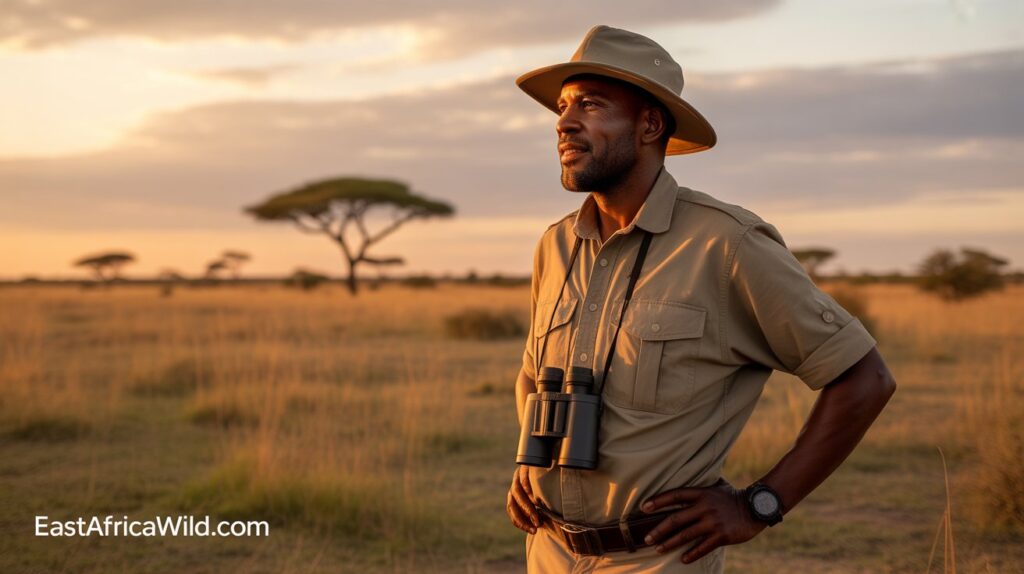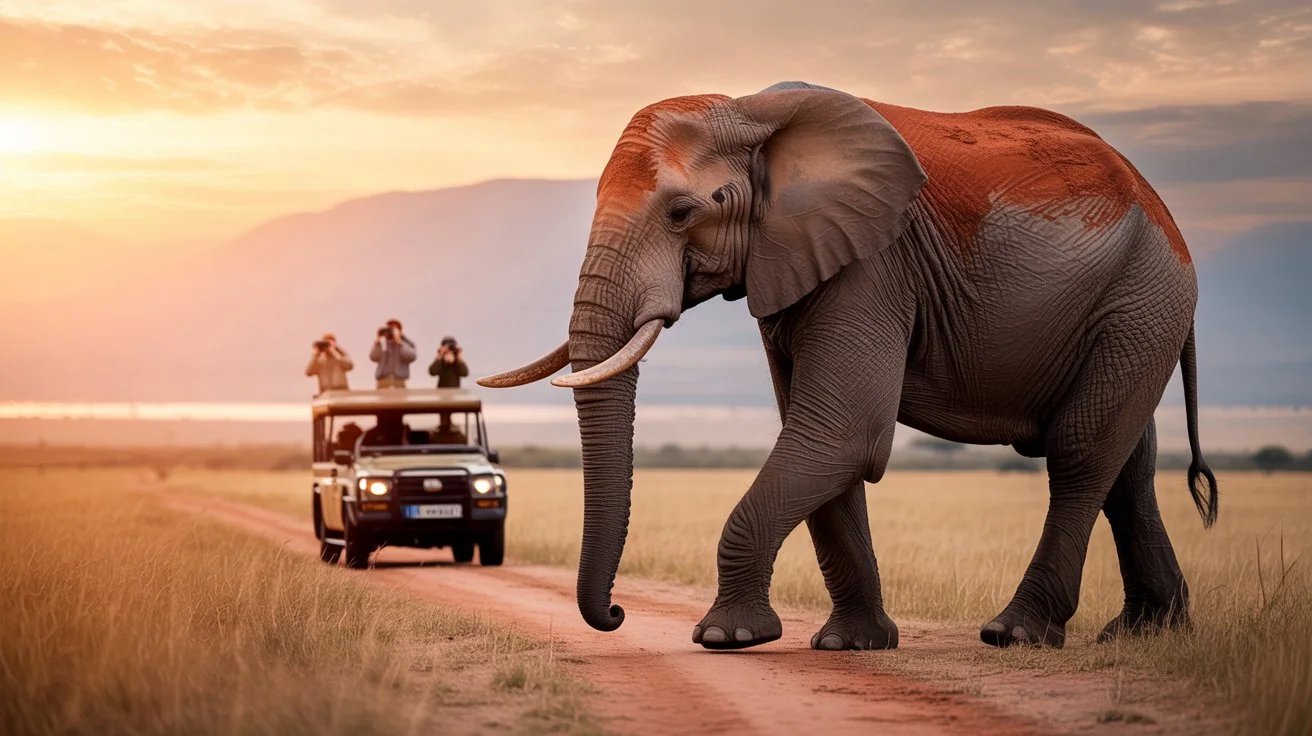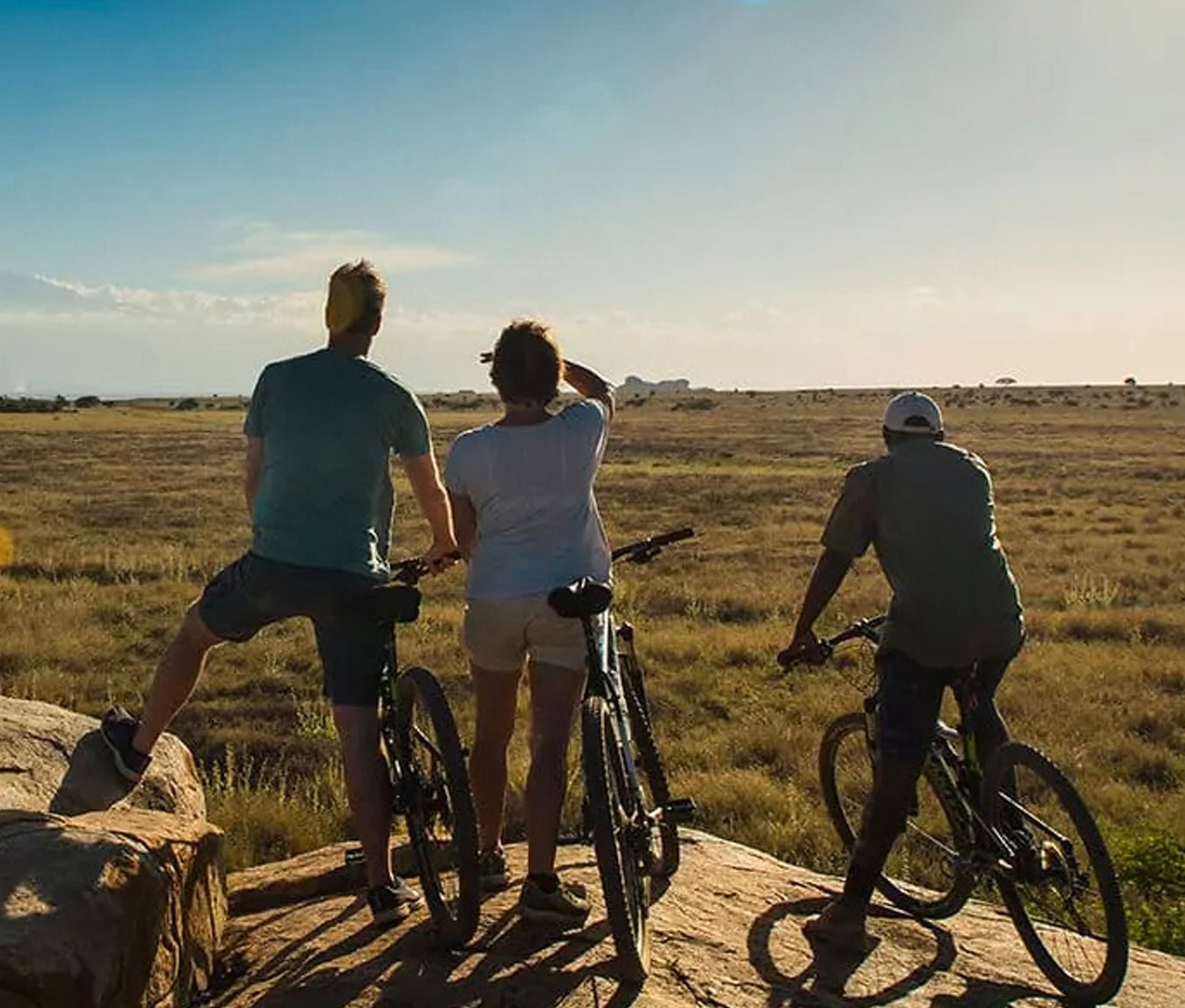Imagine yourself on an African safari surrounded by the majestic Big Five: lions, elephants, buffalo, leopards, and rhinos. It’s an exhilarating and unforgettable experience, but many travelers naturally ask: Are African safari tours safe?
The short answer is yes African safaris are generally safe, provided you choose a reputable safari company and follow the guidance of trained professionals. In this article, we’ll explore safari safety statistics, the role of guides, essential safety rules, and practical tips to ensure your adventure is both thrilling and secure.
Also Read : Best South Africa Honeymoon and Safari Packages in 2025
Safari Safety: What the Statistics Say
Every year, millions of travelers embark on safaris across Africa. Despite being in close proximity to wild animals, fatalities are extremely rare with an average of fewer than two deaths annually. This low number highlights the effectiveness of strict safety regulations, trained guides, and responsible tourism practices.
In fact, you are statistically far safer on a safari game drive than driving on highways back home.
The Crucial Role of Safari Guides

Safari guides are the backbone of safety during your adventure. They are highly trained to:
- Read animal behavior and predict potential risks.
- Handle unexpected situations calmly and effectively.
- Provide clear instructions to ensure guests remain safe.
For example, on a Big Five safari game drive, your guide will advise you to:
- Stay inside the vehicle at all times.
- Keep noise levels down to avoid disturbing wildlife.
- Maintain a safe distance, especially from elephants with calves or males in musth (a period of heightened aggression).
By listening carefully to your guide, you drastically reduce risks.
Essential Safety Rules for Game Drives
When you’re out in the bush, the rules are simple but lifesaving:
- Never leave your vehicle during game drives or night safaris.
- Avoid sudden movements like standing up or dangling arms outside the vehicle.
- Keep windows closed if instructed by your guide.
- Respect animal space do not pressure guides to drive too close for photos.
Remember: vehicles are often viewed by animals as a single harmless unit. Breaking that illusion could provoke unwanted reactions.
Walking Safari Safety Tips
Walking safaris offer a closer connection with nature but naturally come with higher risks. With the right guidance, however, they remain safe and enjoyable. Here’s what to do:
- Stay downwind so animals don’t catch your scent.
- Walk in single file to appear as one entity.
- Move slowly and quietly, avoiding sudden movements.
- Never run if you encounter a hostile animal walk away calmly without turning your back.
These measures ensure you can appreciate Africa’s wilderness while minimizing danger.
Choosing the Right Safari Company
Your safety depends heavily on the safari operator you choose. Look for companies that are:
- Licensed and certified by local authorities like eastafricasafari.
- Known for sustainable tourism practices.
- Respectful of wildlife (not chasing or intimidating animals for better views).
- Transparent about safety procedures and emergency protocols.
Reading reviews, checking certifications, and booking with well-established operators can make all the difference.
General Safety Precautions on Safar
Apart from animal encounters, other natural risks exist. Here are some important precautions:
- Avoid swimming in rivers and lakes unless cleared by your guide hippos and crocodiles are common and dangerous.
- Wear boots and socks to protect against snakes and scorpions when walking in the bush.
- Use insect repellent to avoid mosquito bites (malaria prevention is crucial in some regions).
- Do not walk alone at night in wildlife areas, even around lodges and camps.
By staying alert and cautious, you’ll avoid most potential hazards.
The Bottom Line: Are African Safari Tours Safe?
Yes African safari tours are safe when you:
- Choose a reputable, licensed safari company.
- Follow the guidance of experienced safari guides.
- Respect wildlife and adhere to safety rules.
With millions of visitors every year and only a handful of rare incidents, safaris remain one of the safest adventure travel experiences in the world.
So, if you’ve been dreaming of watching lions hunt at sunrise or elephants crossing the savanna, rest assured: with the right precautions, your safari will be both breathtaking and secure.
✨ Final Tip: Always purchase comprehensive travel insurance before your safari it gives peace of mind and covers unexpected situations.









